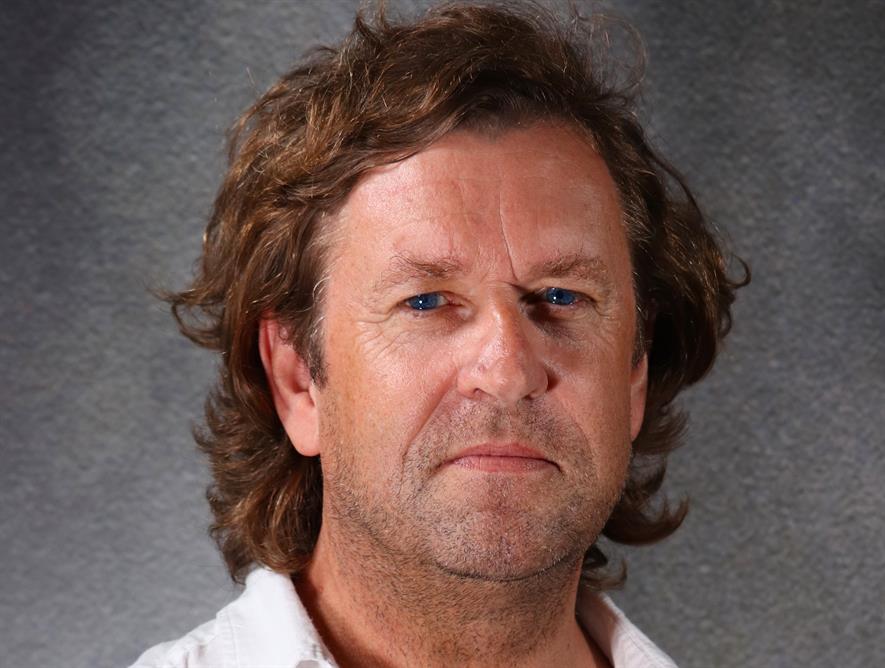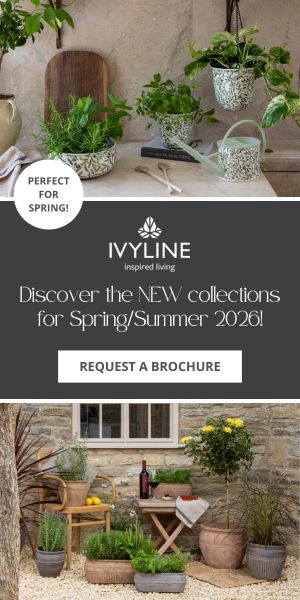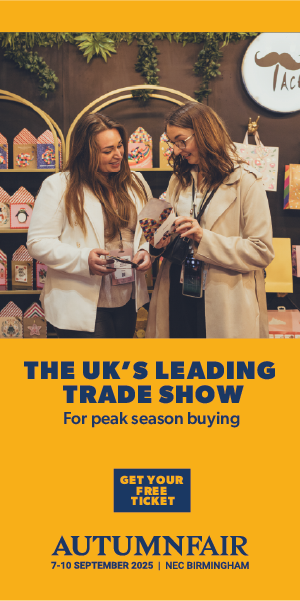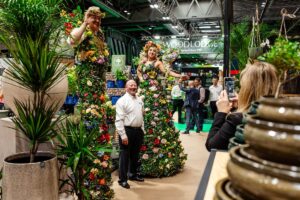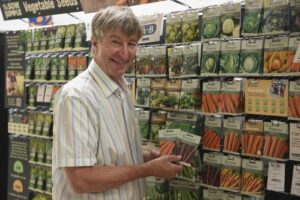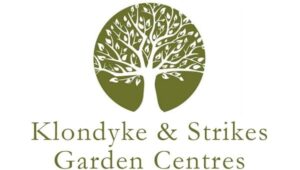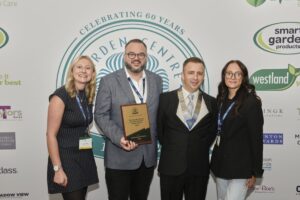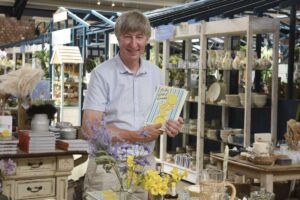One of the highlights of Glee’s excellent content programme was a candid Q&A between Blue Diamond boss, Alan Roper, and WrightObara’s Phil Wright, where one of the industry’s most well-known entrepreneurs urged his fellow garden centre owners to back British suppliers and focus on profitability rather than growth for its own sake.
“I set out to establish a garden centre group back in 1999″, said Roper. “I always had the vision and promised myself that I wouldn’t deviate from that, so if I failed I could only blame myself. We now have 51 garden centres with a turnover of £400million.
“The first opportunity to expand came with a leasehold in 2001 and our growth since then has been organic, growing with the cash that we generate. 2017 was the step change; we had 16 Wyevales so it accelerated.
In response to Phil’s observation that the sector has changed a lot over the years, questioning what Alan might do differently now, he replied: “I wouldn’t do anything differently. My advice to people in business is don’t get over-excited about froth and numbers [of outlets]. I’m very creative but I’m also a merchant and commercial with figures. It’s about building a business and making sure you are profitable. It’s not about numbers of centres it’s about the overall profitability. Don’t over-leverage yourself or grow for the sake of it.
Well groomed from the inside
On the matter of succession planning, he said: “There isn’t a plan but I do a it of grooming(!), if it’s alright to say that, of people within the business. They don’t know they’re being groomed but they are! I have about seven number twos. It’s important for me to have a business with good DNA and culture, an ownership culture.
“We don’t have a corporate structure with someone in charge of operations, we have a head of plants, a head of home, a head of fashion etc. One day in the future I believe the DNA and values I’ve created will carry on because of the culture I’ve put in place. I think that kind of succession has to come from within.
“We have efficiencies of scale [over our group but we also preserve each centre’s heritage. If you look at one of our most recent acquisitions, Barton Grange, it was by far the most expensive garden centre I’ve bought but also the most profitable. It’s all about the people there, they have a phenomenal team, they’re so united and customer-centric, so proud of the business so I have to preserve that, I won’t take that ownership awa from them. Eddie Toppings remains on the bench! Those people will still have influence in the business. We don’t pull the strings, we cut them, so there’s no one corporate person lording it over everyone.
“We have a benchmarking system based on profit per customer, where all the centres can see each other’s figures and understand what’s working or what can be improved upon. That’s how we realised that hydrangeas were the hero plant at the minute. We generate a bit of competition between centres to inspire the people to do their best.
Getting the product balance right
In terms of product categories and getting the balance right in relation to plants and horticulture, Alan said: “I spent five years at horticultural college and I’m constantly trying to evolve the plant range, to push harder on certain genus. It’s very important that we’re credible on plants.” Alan is also a big fan of Grow-Your-Own, having had an allotment in younger years. “When I retire I’ll get back to growing veg because I did it as a kid and I love it. It’s so important and when I pass an allotment I still get the sensation of how I felt when I used to plant my own. I grew up with Percy Thrower – it was all about ‘how to’ – and we need to get back to showing people how to do things.
When it comes to the wider product mix, he says, “I’m not a fan of concessions but the mix we have works. One category we’re working on right now is wellbeing. We’re introducing more each year and eventually we’ll have a wellbeing department in each centre. Our fashion team have their own products produced so we’ve got clothing you won’t find anywhere else.
The crucial point of difference that buying British gives you
“Garden centres must have a point of difference. If you look at Gardman, for example, we replaced them with seven different suppliers [to bring in that difference]. We should be incentivising smaller companies to exhibit somewhere like Glee, I’d like to make it more affordable for them so the garden offering is deeper. I think that’s better than expanding into different areas. It’s the smaller UK suppliers who will drive our industry forward.
“What we value most from our suppliers once they are listed is innovation, bringing us something fresh and new so we can continuously deliver a point of difference. Sometimes I have to give our category managers a shake and tell them to visit smaller stands. They might only have one product but it’s something great. I love the smaller suppliers.
“We should have an active supplier base that’s manufacturing in the UK so we can support British businesses. You have to back British made, that’s what gives you the point of difference. And you’re not just backing British, it’s also more sustainable.” This also taps into what the customer really wants, “their lifestyle and their aspirations. I don’t want to preach to people, I want to connect. And I do want to bring manufacturing back to the UK.
“The garden centre industry is a great place to be and these are well loved businesses. It’s very important [to nurture local relationships] by supporting local charities and so on. Families will always visit so you need to cater for that. This is why 50% of what we have isn’t about gardening but other products.
Connecting with the younger generation
On the matter of how to connect meaningfully with the next generation of customers, he said. “We focus on the A and B customers, which has helped bring the stay-at-home mums into our stores.” Acknowledging that core garden centre customers tend to be middle aged or older, he commented: “As children leave you get engaged with your garden, so there are waves of new gardeners who come through every 40 years or so, it’s a known thing.
“For younger people it’s all about houseplants, so this is the best place for garden centres to connect with a younger audience. Young people buy online. I’m interested in like-for-like growth in that area and for us that is still increasing. For the real youngsters we have our Acorn Gardening Programme for pre-school children on six sites already and this will be rolled out to the whole group. Some of our centres have massive Christmas departments, which naturally attract kids.
Social media famously taps into a younger audience. Alan says he was “sceptical about social media at first but now I’ve got behind it. But you need to be original and creative [to really engage people] as they want to be inspired. That’s the beauty of social media, it enables you to communicate creative ideas to your customers.”



